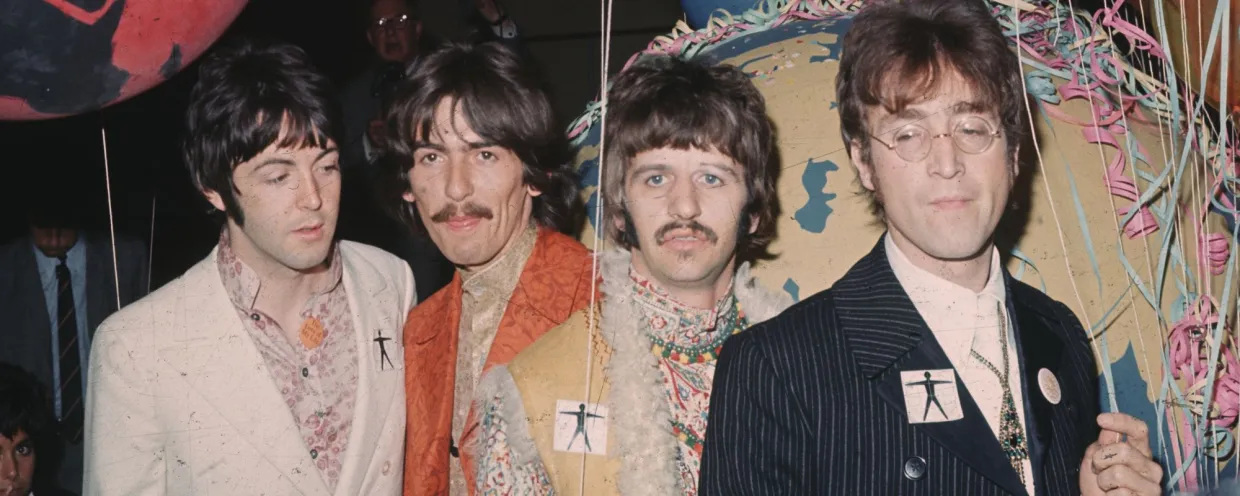Some of the best songs in the world tend to fall out of the sky. One day, you’re sitting there with an acoustic guitar, and it’s almost like some otherworldly force seems to come over you that almost pushes your fingers in the right direction until a beautiful piece of music is born out of nothing. There’s a specific cosmic power in being able to catch that kind of tune out in the wild, but George Harrison was almost sceptical when he stumbled upon the beginnings of ‘Something’.
Then again, Harrison was always questioning whether he was any good when standing next to John Lennon and Paul McCartney. The group may have operated as a democracy as musicians, but as songwriters, Harrison always felt like the odd man out, trying his best to present his material and then getting treated as a novelty whenever the rest of The Beatles bothered to attempt one of his songs.
But there were signs that things were turning a new leaf for him. He had enough self-confidence to know that ‘While My Guitar Gently Weeps’ was a potential masterpiece, and getting Eric Clapton into the studio to play the now-iconic guitar solo helped the rest of the group understand what he was going for.
At the same time, Harrison had a melody fumbling around in his head that he worked out on the piano in 1968 that would evolve into ‘Something’. While anyone would have been stopped dead in their tracks after writing something like that, Harrison almost dismissed the song, saying, “I just put it on ice for six months because I thought, ‘That’s too easy’!”
It’s not like Harrison doesn’t have a little bit of a point. Looking at it from a music theory perspective, half of the verse just revolves around moving one note in a chord down one semitone at a time, and there’s no doubt that many other artists have used that kind of trope before.
Harrison even uncovered it while working on the intended Get Back project before bringing it up again when it was time to make Abbey Road. By the time it reached its final form, though, it had gone from a simple idea to a lavish ballad of devotion, featuring one of the tastiest guitar solos any rock musician ever recorded.
There are even a few faint glimpses of what McCartney was doing in Harrison’s composition. Since he wanted to shelve because it was certain that it was too easy, one can’t help but remember McCartney having the same sensation when coming up with the chords for ‘Yesterday’ when he awoke with the tune in his head.
Even if it’s a little bit simplistic, that’s half the reason why Harrison’s love song works. Love is a universal emotion, so it’s only natural that he used some of the most basic pieces of music theory to paint the picture of someone madly in love with their significant other. While it’s not that hard to play, creating something this effective is the reason why Harrison deserved to be on an equal footing with Lennon and McCartney.



